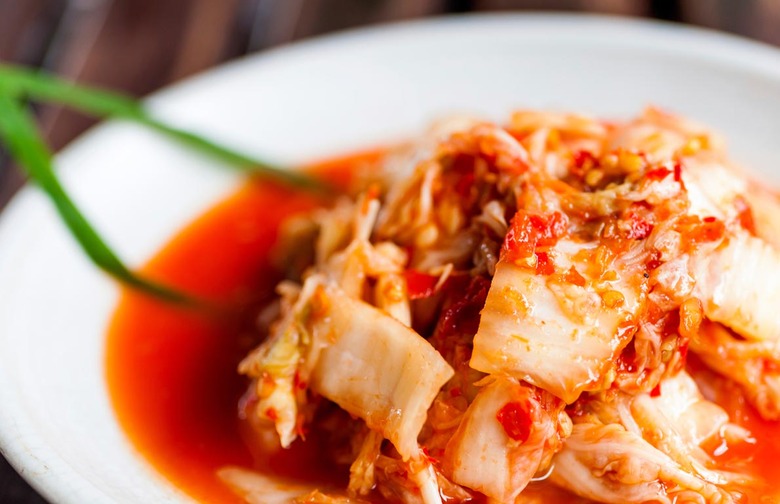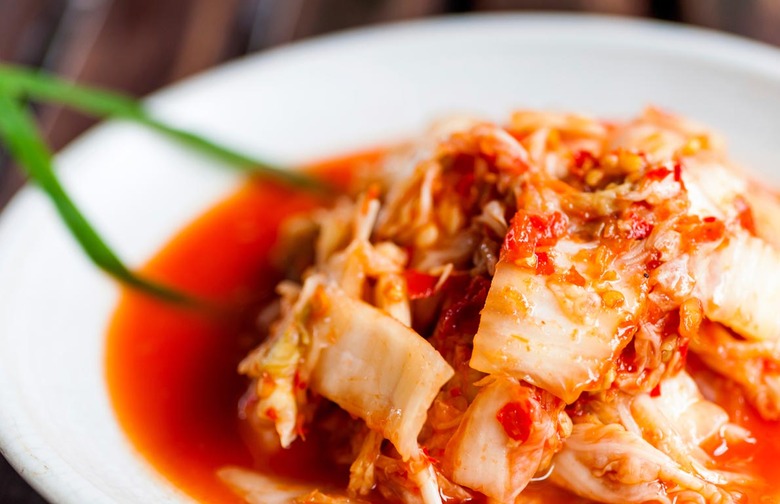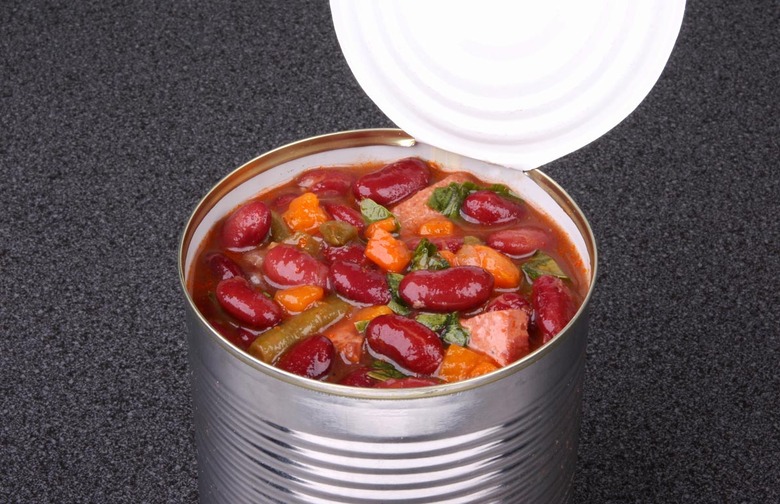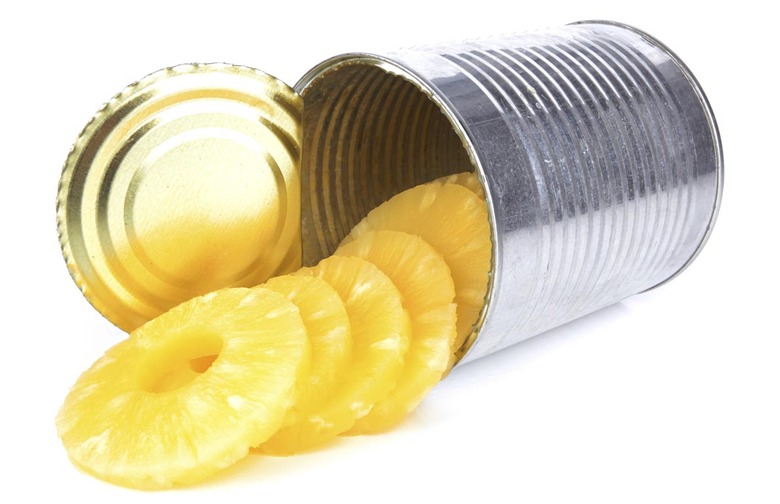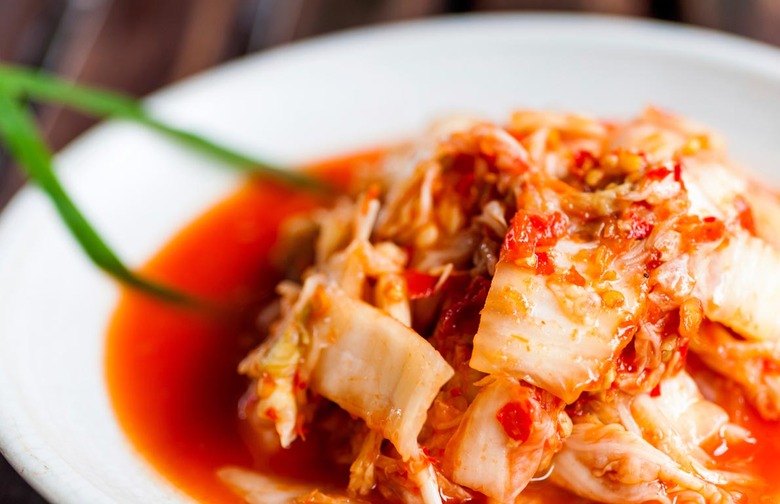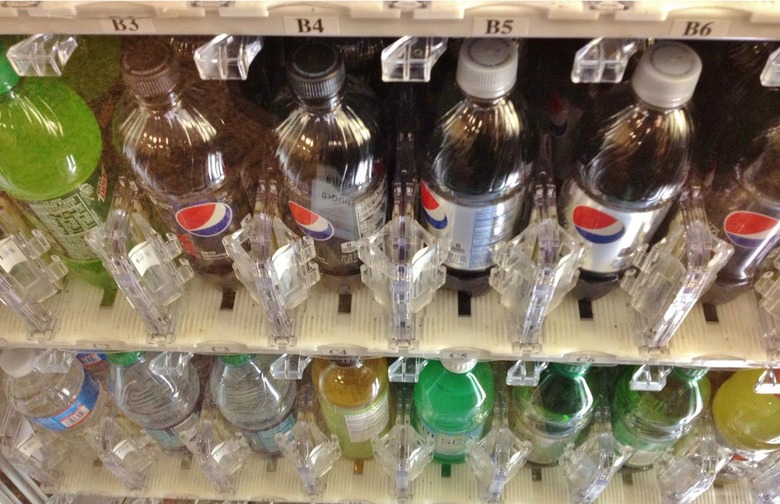Learn Which Foods Weaken The Immune System
Could These Foods Be Making You Sicker?
The immune system is supported by the delicate balance that comes with a healthy lifestyle. Adequate sleep, exercise, and, of course, a healthful diet all contribute to maintaining the body's system of defense against illnesses. Amanda Austin, registered dietician, nutritionist, and certified food sensitivity expert, points to nutrient deficiencies (especially in vitamin D), frequent exposure to synthetic chemicals in food, and an imbalance of gut bacteria as some of the key contributors to a poorly functioning immune system
Alcohol
It is no surprise that excess alcohol is not good for any system of the body. Some forms of alcohol (especially liqueurs and wines) contain high amounts of sugar, and Austin reports that excess amounts of alcohol also may affect the population of microorganisms in the gut or alter the integrity of the intestinal lining.
Caffeinated Beverages
Adequate amounts of sleep are essential in maintaining a healthy immune system. Kuhn advises keeping the consumption of caffeinated beverages, particularly coffee and soda, to a minimum, especially later in the day. The acidity levels in coffee also contribute to an overall high acidic level in the body, which may lead to inflammation.
Canned Soup
Soup is a comfort staple that can provide protein, fiber, and vegetable servings. However, consuming canned soup, while convenient, is not the best option when it comes to your health. Many canned soups contain artificial ingredients and high levels of sodium, and the questionable chemicals that can leach into the soup from the can (BPA) are all negatives to consider, according to Austin.
Cereal Bars
Rinehart warns that "cereal bars that are often marketed as healthy snack or breakfast options often contain refined grains and added sugars." He advises people to be mindful of how added sugar is labeled, pointing to sucrose, maltose, dextrose, and fructose, among other terms, as common euphemisms for sugar.
Dried or Canned Fruits
While fruits are generally healthy, it is essential to avoid consuming too much sugar to promote a healthy immune system. Dr. McKenzie calls attention to eating dried or canned fruits, particularly dried dates and fruits packed in juice or syrup. The added sugar can essentially turn a healthy snack, which the fruits would be if they were consumed fresh, into candy.
Pickled Food
While pickled foods like sauerkraut or kimchi pack lots of flavor in very few calories, Dr. McKenzie reports that they can also pack a giant punch of sodium, which can lead to dehydration, retention of fluids, and even worsen conditions like kidney disease. Thoroughly rinsing pickled foods can help eliminate some of the sodium, but eating them in moderation is the best approach.
Processed Grains
Gluten sensitivity is a health issue that has gained awareness over the past few years. Austin points to the ubiquity of grain saturation in modern food supply as part of the problem. McKenzie states that choosing whole grains is preferable to processed grains, which have had their outer layer removed, as processed grains are more likely to have an adverse effect on blood sugar and immune system function.
Soda
Soda is a staple of nearly every unhealthy food and drink list, so there should be little surprise that it has negative impacts on the immune system, as well. The high sugar content of soda can "lead to a spike in insulin, which ultimately leads to a spike in cortisol, which suppresses the immune system," reports Rinehart. "It becomes more critical for your body to keep blood sugar in check than it is for it to protect against potential pathogens." And sugar-free or diet options are not a better choice, as they contain unhealthy chemicals in place of the sugar.
Vegetable and Seed Oils
Processed oils such as soybean, corn, canola, sunflower, safflower, and peanut oils, among others, are high in polyunsaturated fatty acids (particularly omega-6s) that can create an imbalance in the body's fatty acids balance and promote inflammation, warns Kuhn. Instead, stick to cooking with extra virgin coconut and olive oils.
Yogurt
Many people turn to yogurt as their go-to food for probiotics, but it is essential to choose the right kind of yogurt to supplement your diet. Austin points out that not all yogurts are created equal, stating, "the added sugar and artificial ingredients in a lot of yogurts often cancel out the potential health benefits of the product." The absence of probiotics in one's diet can lead to digestive issues, sugar inhibits immune function, and artificial ingredients can be empty of nutrients, so be sure the yogurt you pick up delivers what you need.
